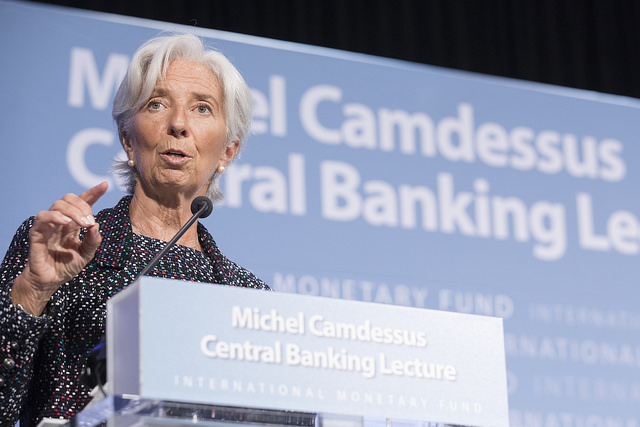Operate on realistic revenue projections, IMF urges Somalia


The IMF has called on Somalia to align its budgetary expenditure with realistic revenue projections or confirmed grants to avoid accumulation of domestic arrears.
The global lender noted Somalia’s domestic arrears had accumulated numerous times in the past owing to budgets to non viable revenue projections echoing a World Bank warning July in its second Economic Update report.
Following a five day assessment of the country’s economic outlook this past week, IMF staff stressed the need for fiscal discipline and fiscal performance. They recommended speedy implementation of the revenue measures in the budget particularly the sales tax on telecommunications and hotels.
The government in its 2017 Appropriations Act projected an expected earnings of $100 million annually from telecommunications companies once the Telecommunications Act which was passed by parliament last month comes into effect. Currently, telecommunication companies pay a negotiated accumulated tax of $5 million annually.
The World Bank noted in its Economic Update that Somalia’s recurrent expenditure levels were way too high subjecting the country into perennial deficits. “On the expenditure side, recurrent expenditures account for almost all expenditure, with capital spending accounting for just 3 percent of total spending in 2016. Unrealistic revenue projections, coupled with weak expenditure controls, contribute to the accumulation of arrears.”
Somalia’s tax revenue as percentage of GDP in 2015 stood at 1.9 way below Sub-Saharan Africa average which stood at 17.9% in the same period. Afghanistan and Burundi recorded 10.1% and 10.3% in the same period respectively according the World Bank.
Parliament endorsed a $260 million 2017 national budget in May. Somalia’s domestic revenue stands at 2% as a ratio of the country’s GDP.
Economic growth for 2017 will remain at 2.4 per cent while inflation stands at 2.9 per cent, IMF said. During the first half of this year, the fiscal position weakened. Lower-than-expected domestic revenue and expenditure pressures resulted in a fiscal deficit in June.